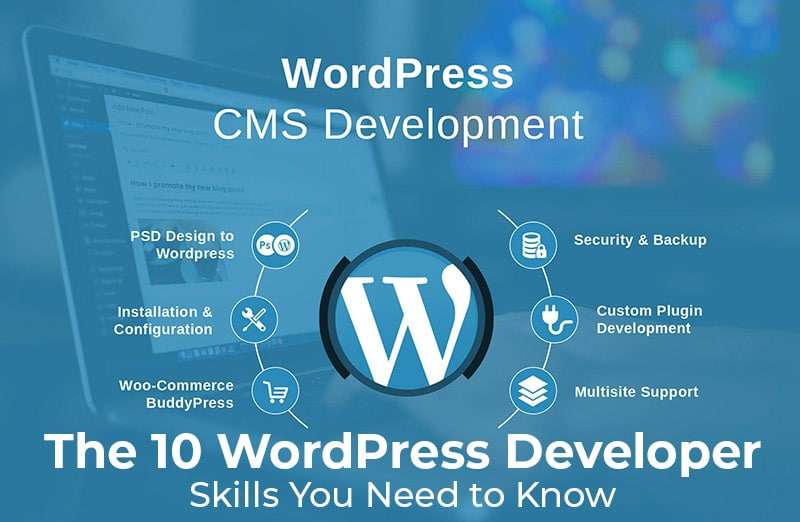



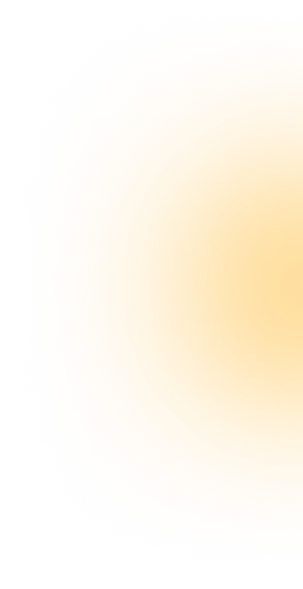
Unity
Unity Game Development offers flexibility and is suitable for creating games of various genres, from 2D platformers to immersive 3D experiences. It provides a comprehensive set of tools and resources to bring game ideas to life efficiently and effectively.





Key Features
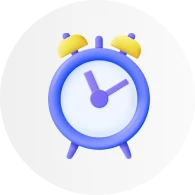
Course Duration- 8 Months

100% Job-Oriented Training
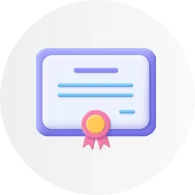
Customized Syllabus
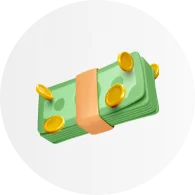
Affordable Courses Fees
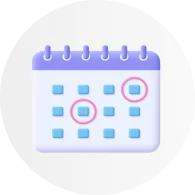
3 Days Demo Lectures Free

Industry Expert Faculty
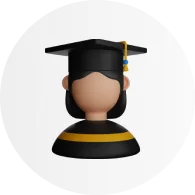
Individual Student Attention

Query Sessions
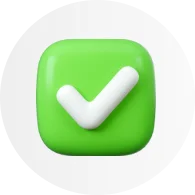
100% Job Placement Support
About Course
The Unity Game Development training in Surat online provides comprehensive instruction on creating video games using the Unity game engine.
The Unity Game Development training in Surat online provides comprehensive instruction on creating video games using the Unity game engine.
Typically, the course covers essential concepts such as the Unity interface, scene management, asset creation, scripting with C#, game physics, animations, and user interface design. Students learn to develop both 2D and 3D games, implementing various game mechanics, player controls, and interactive elements.
Additionally, advanced topics such as optimization, audio integration, and deploying games to multiple platforms are often covered. By the conclusion of the Unity Game Development training in Surat online, students gain the essential skills and knowledge to independently design, develop, and publish their games, preparing them for careers in the game development industry either solo or as part of a team.
Syllabus
- Overview of Unity game engine: history, features, and capabilities.
- Understanding the Unity interface: scene view, game view, hierarchy, inspector, and project view.
- Introduction to game development concepts: game objects, components, transforms, and the Unity GameObject-Component model.
- Basics of C# programming language: syntax, data types, variables, operators, and control structures.
- Introduction to Unity scripting: writing and attaching scripts to game objects, accessing components, and handling events.
- Implementing basic gameplay mechanics: player movement, object interaction, and simple game logic using C# scripts.
- Sprite assets and animations: importing sprites, setting up sprite sheets, and creating animations with Unity’s Animation window.
- Working with 2D physics: understanding rigidbody components, colliders, and physics materials for 2D game environments.
- Building 2D game mechanics: platformers, puzzles, shooters, and other common 2D game genres.
- Modeling and importing 3D assets: using external tools like Blender or Unity’s built-in modeling tools to create and import 3D models.
- Lighting and materials: setting up lights, applying materials, and creating realistic or stylized visual effects.
- Implementing 3D gameplay mechanics: exploration, combat, vehicle control, and other immersive experiences in 3D game worlds.
- Designing user interfaces: creating menus, HUDs, and other UI elements using Unity’s UI system.
- Handling user input: responding to mouse, keyboard, touch, and controller inputs for player interaction.
- Implementing UI animations and feedback: transitions, visual effects, and feedback mechanisms for enhancing user experience.
- Working with audio assets: importing and managing sound effects and music tracks in Unity.
- Implementing sound effects: triggering audio clips based on game events, player actions, and environmental factors.
- Creating immersive audio experiences: using spatial audio, mixing techniques, and dynamic audio systems for enhanced gameplay.
- Understanding performance optimization techniques: optimizing scripts, reducing draw calls, and managing resources for better performance.
- Profiling and debugging: using Unity Profiler and other debugging tools to identify and fix performance bottlenecks.
- Deploying games to different platforms: optimizing builds for PC, mobile devices, and consoles while ensuring compatibility and performance.
- Preparing games for distribution: configuring build settings, setting up app icons, and creating store listings.
- Monetization strategies: exploring ad integration, in-app purchases, and other revenue streams for commercial game projects.
- Launching and marketing games: promoting games through social media, community engagement, and other marketing channels to reach target audiences.
Attend Free Workshop
Fill the details and we will call you for further guidance

Unity Game Development Course
Eligibility
Working Professionals who want to start their career in Unity Game Development
Graduates interested in learning Unity Game Development to get their first job
Students aspiring to become a Unity Game Development

Why Unity Game
Development ?

Earn INR 6 L.P.A+
The average salary of an Unity game development is 6 LPA and can increase up to 10 LPA based on the experience.
Career in Freelancing
Freelance Unity game development lets you work on creative projects, set your hours, and potentially build a successful indie game.
15.7% Growth Rate
anonymous report is said unity game development growth rate is 15.7% Growth Rate
Job Prospects
You can work in gaming industry as a game developer.
Our Students Feedback
Frequently Asked Questions
Unity game development uses the Unity engine to create interactive games in 2D or 3D. It’s popular because it’s beginner-friendly, lets you build for many platforms, and offers a large asset store for pre-made content.
Yes, you should become a Unity developer in 2021. As long as you’re willing to keep updating your skillset, and you have the critical thinking skills and creative mindset necessary to make outstanding games, this could be a lucrative career for you.
Yes, unity devs are in high demand due to the popularity of the Unity engine.
Unity gives users the ability to create games and experiences in both 2D and 3D, and the engine offers a primary scripting API in C# using Mono, for both the Unity editor in the form of plugins, and games themselves, as well as drag and drop functionality.
Download and install Unity Hub from the official Unity website.
Use Unity Hub to select and install the desired version of the Unity Editor.
Access Unity Learn platform for tutorials, documentation, and projects to begin learning and creating with Unity.
Unity’s primary scripting language is C#. This beginner-friendly language is well-suited for game logic and interacting with Unity’s features. While other languages like C++ can be used for specific tasks, C# is your go-to for most Unity development.
OUR Blog
- Umesh Godhani
- Umesh Godhani
- Umesh Godhani
- Umesh Godhani
- Umesh Godhani
- Umesh Godhani








